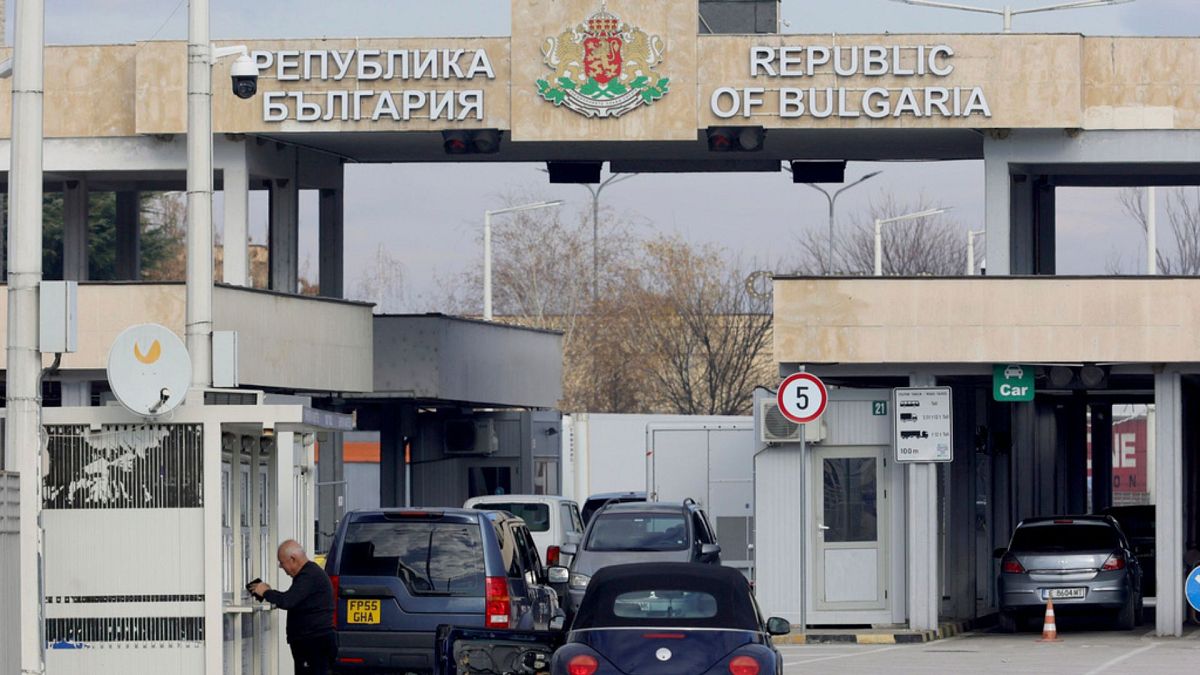Residents of Romania and Bulgaria can now enjoy the freedom to travel throughout the Schengen area without facing long queues at border crossings. This development comes after the European Commission granted permission for the two countries to join the Schengen zone, marking an important milestone in their journey as members of the European Union. With this new freedom, the residents of Bulgaria and Romania can drive to countries like France, Spain, and Norway without the need for a passport or identity documents.
The Schengen zone was established in 1985 and currently includes 29 countries, most of which are part of the EU. This agreement allows for passport-free travel within the participating countries, making it easier for residents and tourists alike to move around freely. With the inclusion of Bulgaria and Romania, the number of citizens with this privilege has increased to nearly 475 million. This move is expected to boost tourism in the two countries as more Europeans may choose to visit Romania and Bulgaria now that they can easily travel within the Schengen area.
For years, residents of Romania and Bulgaria have had to endure long wait times at border crossings as they underwent official checks. With the lifting of land border controls, drivers and passengers can now move across the Schengen zone without the hassle of lengthy queues. While random checks may still be conducted at the border for the first six months to prevent criminal activities, the overall process of crossing the border has become more streamlined for residents of the two countries.
The decision to allow Bulgaria and Romania to join the Schengen area comes after years of negotiations that began in 2011, following their accession to the European Union in 2007. This move is seen as a significant step towards fully integrating the two countries into the EU and granting their residents the same freedoms enjoyed by other EU citizens. The European Commission’s approval in December was a symbolic gesture that signalled to Bulgarians and Romanians that they are now equal members of the European Union, with the right to move freely within the Schengen zone.
With the lifting of land border checks, residents of Bulgaria and Romania are now able to travel without the need for identity documents within the Schengen area. This newfound freedom opens up opportunities for both countries, as they can now attract more European tourists and foster greater economic and cultural exchanges. The removal of border controls is expected to make travel more convenient and efficient for residents and visitors, ultimately enhancing the overall experience of traveling within the Schengen zone.
In conclusion, the inclusion of Bulgaria and Romania in the Schengen area represents a significant milestone in their journey as members of the European Union. This decision not only grants residents of the two countries the freedom to travel without border checks but also reflects their growing integration into the EU. As residents of Bulgaria and Romania embrace this newfound freedom to move around the Schengen zone, they can look forward to a more seamless travel experience and increased opportunities for tourism and economic development.











